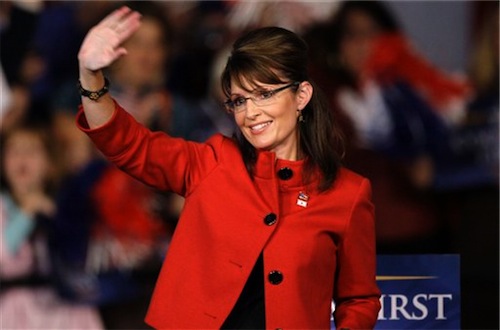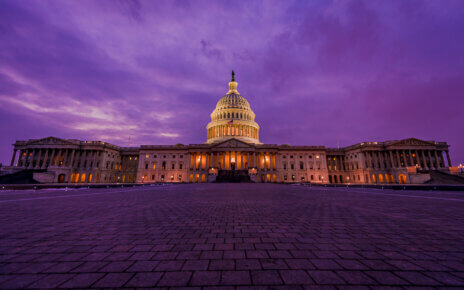The 2016 election officially kicked off on Monday, as Iowa voters went out to cast their votes in the caucus, resulting in Ted Cruz as a big winner for the GOP, and Hillary Clinton and Bernie Sanders ending it in a draw.
According to ABC News, more than 180,000 Republican Iowans voted in the first 2016 caucus, compared to the previous record of only 121,000 people in 2012.
Cruz won with 28% of the votes with Donald Trump right behind him with 24%, while Marco Rubio received 24%. On the Democrats side, Martin O’Malley received less than 1% of the votes.
This is the first time actual voters can weigh in in the presidential nomination. Dr. Stephen Chapman, Assistant Professor of Political Science, said, “The Iowa Caucuses are so important simply because they come first. The media plays this up mainly because it is the first taste of actual votes being counted towards the presidential nominations. This causes increased ratings for media outlets.”
However, the time consuming process of the caucuses results in a lower turnout. According to the Iowa Caucus Project, on average one out of five registered voters shows up, Democrat or Republican, which is why it was surprising to see such a huge turnout this term.
So why is there so much importance in the caucus? Many believe that the results can reveal a meaningful signal of a candidate’s strength or weakness. Also, according to Vox, every winner of a competitive major party presidential nomination contest since 1980 except for one started off by winning the Iowa caucuses, the New Hampshire primary, or both.
Dr. Chapman, continues, “The caucus is also somewhat important from a strategic standpoint. It can catapult a candidate into the “serious contender” list (as in Obama in ‘08) or could set the tone for the subsequent campaign in New Hampshire and other early primary states. It is also important because this is the time lower-tiered candidates will begin to suspend their campaigns. However, keep in mind that on the Republican side, the last two winners (Santorum in 2012 and Huckabee in 2008) did not ultimately win the nomination.”
Caucus meetings for Iowa Democrats and Republicans both start at 7 p.m., and anyone who shows up can participate. However, Democrats and Republicans do not run their caucuses the same way.
The GOP process begins with the Pledge of Allegiance and then voters go straight into selecting their presidential candidates. For the voters who are still not sure, each campaign has a chance to have a representatives make a final pitch. Some caucus sites are very formal with a printed ballot paper, while others go in with a candidate’s name on a piece of paper. The total of votes is then sent over to Iowa GOP headquarters, where the running count is kept.
The Democratic caucus system is different. As soon as the meeting opens, the attendees must declare a preference for a candidate. Attendees begin to join groups of their candidate, and people who still cannot make up their mind join a group as “uncommitted.”
In order to be considered “viable,” a group must clear a certain threshold, usually around 15% of the entire total of attendees of the precinct. Once the first round is over, anyone who is in a group of not “viable” has the chance to align with a candidate who did pass the threshold.
One of the most controversial aspects of the Democratic caucus is the lack of a secret ballot. People have to cast their votes in front of their friends and families, which will stay with them for the next four years. Another controversial aspect of the caucuses is that only registered Democrats and Republicans can vote, shutting out independents.
Both results get reported back to to each of Iowa’s 9 counties’ conventions, and the county votes get reported to the Iowa state convention. From there, the state results are used to determine how the parties’ convention delegates are divvied up the candidates.
Natorye Miller, a third year communication major, said, “I think it is really surprising to see both Clinton and Sanders end the caucus in a draw. Nine months ago when Sanders announced he wanted to run, no one really knew how far he would get. I’m really excited to see where New Hampshire takes everyone.”
Republican Mike Huckabee and O’Malley have both ended their presidential races as of Feb. 2.
IMAGE TAKEN from Dallas News



